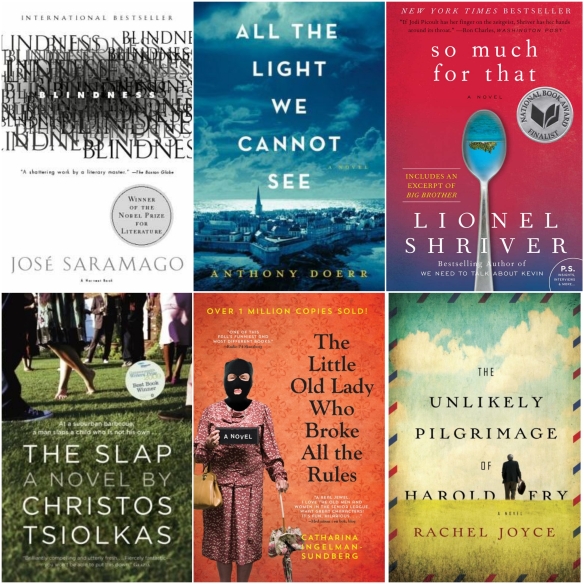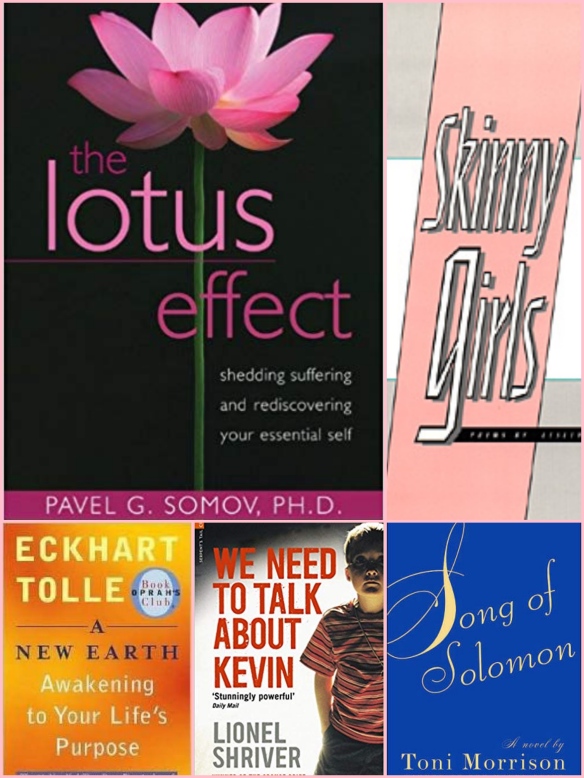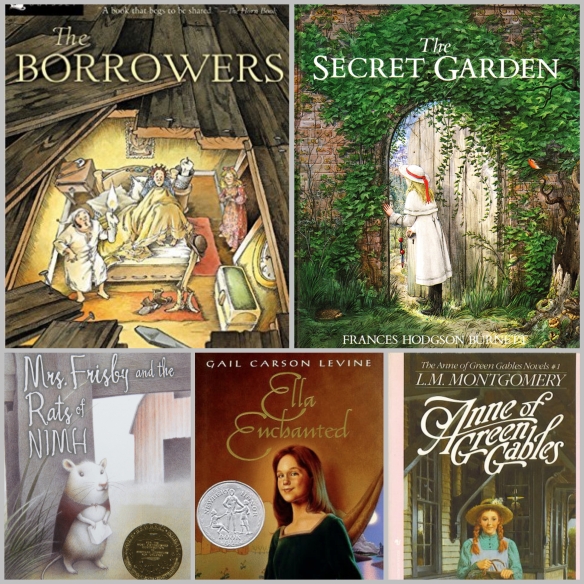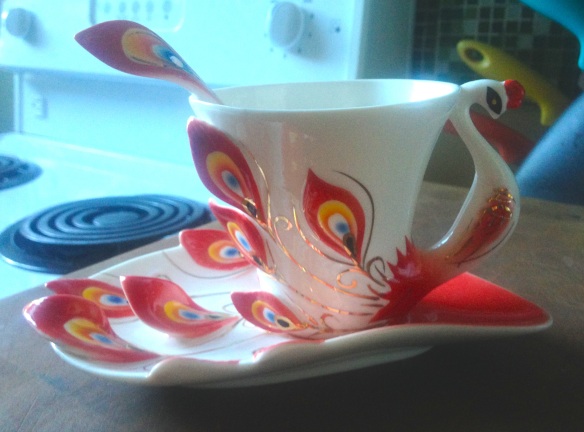I’ve had the same New Year’s resolution for a few years running now (if you haven’t been following along, check out this post here). To recap: I was sad about giving one of my favorite hobbies such a low priority in my life, and I wanted to challenge myself to include more reading in my routine.
I use my Goodreads account to track and rate all of the books I read, and to encourage myself to keep up the pace on my reading challenge. (This year’s goal: read 60 books.) I’m not affiliated with Goodreads in anyway but I find having a visual way to monitor my progress very beneficial.
However, I’ve since discovered something that’s helped me even more.
It’s this blog, and more importantly, you guys (the readers). There has been nothing more special to me as a bookworm than to find a community of kindred spirits like yourselves to share all my deepest, bookish thoughts with, and to commiserate on all of the books we’ve read, both good and bad.
I’m amazing too, to connect with people across the globe, regardless of race, religion or age. We all have something that brings us together in spite of our differences and I think that makes us pretty special.
So thank you, my dear readers, for making this year a great one, both in blogging and reading adventures.
Here are some of my favorite titles that I’ve read this year:

Fiction
For someone who relies so much on their sight to read, it seems a little ironic that two of my favorite books of this year were about blindness. For instance, the appropriately-titled Blindness by José Saramago resonated so much with me that I included it on my list of reads that have shocked my poor sensitive system. Just imagine if everyone in your city started going blind- you’d be shocked too.
A little less scary, but no less interesting or beautiful, All the Light We Cannot See by Anthony Doerr is about a blind girl struggling to survive through World War II, and a treasure hunt that will leave you wild with excitement.
If modern-day horrors scare you even more than post-apocalyptic worlds and war, be sure to pick up a copy of Lionel Shriver’s So Much for That. It’s one of the many books this year that really made me stop and think, and its darkly humorous take on a family devastated by cancer made it another contender on my list of books that you should read at your own risk.
The Slap by Christos Tsiolkas is another controversial, albeit more gossipy book, about the aftermath of a suburban barbecue where a parent slaps a child that is not their own. No matter where you stand on the discipline issue, the secrets and lies that unravel as a result made this book hard to put down.
Among the serious titles I’ve read this year, I’ve come across a couple of favorites that are a little more light-hearted. The Old Lady Who Broke All the Rules by Catharina Ingelman-Sundberg turns the Scandinavian crime genre on its head with the role of the scheming villain played by an aging pensioner just looking for better treatment. (Ok so maybe it’s a little bit of a tongue-in-cheek look at the way we treat our elders, but it still had me in stitches all the same.)
Finally, one of my favorite fiction books of the whole year has to have been Rachel Joyce’s The Unlikely Pilgrimage of Harold Fry. It’s everything a good book should be- funny, bittersweet, thoughtful and surprisingly compelling considering it’s actually about a super-long walk across the English countryside.

Poetry
Once in a while a book of poetry finds its way to my shelves, and my list of favorite books this year wouldn’t be complete if I didn’t mention how much I loved this slim volume of poetry and creative prose by Canadian author (and now friend!) Joel Thomas Hynes. Straight Razor Days is a collection of thoughts about nearly everything in Hynes’ life- his hometown, his childhood, his relationship with his son- and even though it seems like he uses just about anything that crosses his mind as material, the works here still maintain a sense of cohesion. It’s beautifully written, so even if poetry isn’t always your thing, I still suggest that you check it out. (And he doesn’t even know I’m telling you that!)
Update: This title isn’t currently available on Amazon, so I encourage you to hunt it down in your local bookstore, or check out some of his other titles. They’re all good!

Non-Fiction
The World is Flat by Thomas L. Friedman was a great education for millennials like me in how global events in the 80s and 90s have shaped the interconnected world we live in today. Keep in mind I was just a young’un when a lot of these changes were taking place, and this book helped shed some light on some of the things I didn’t fully understand.
I can’t say enough good things about Elizabeth Gilbert’s creative manifesto, Big Magic. I won’t go on too much about it because of the gushing review I wrote here, but if you’re anyone who has ever felt inclined to do any artistic thing ever, you will find this book valuable.
Do Over by Jon Acuff will forever go down in history as the only career-related book that got me in the feels. If you’re looking to make a change in your career, or just tired of accepting the status quo at your current job, this one is for you. (Don’t believe me? Read the review I wrote about it here.)
 What were some of your favorite books that you’ve read this year? Send me your list at keepingbusyb@gmail.com or better yet, let’s be friends on Goodreads so we can snoop each other’s virtual bookshelves. Want to see even more of what I like to read? I love talking about books here, here, here and here. Or comment below and let me know what you think of my list. How many books have you read this year? I need to know it all!
What were some of your favorite books that you’ve read this year? Send me your list at keepingbusyb@gmail.com or better yet, let’s be friends on Goodreads so we can snoop each other’s virtual bookshelves. Want to see even more of what I like to read? I love talking about books here, here, here and here. Or comment below and let me know what you think of my list. How many books have you read this year? I need to know it all!














